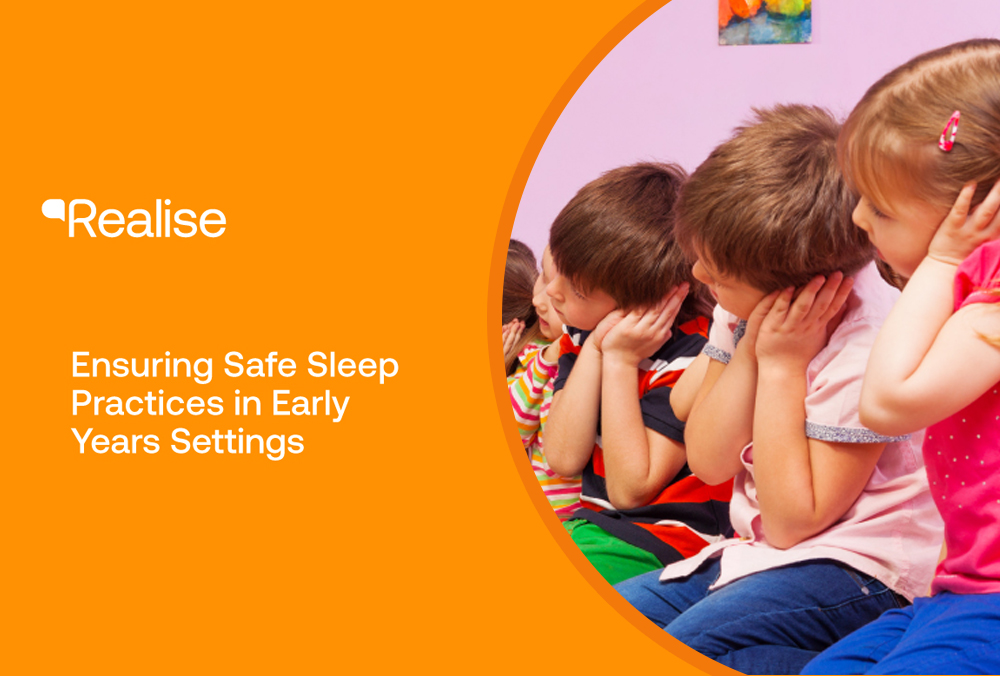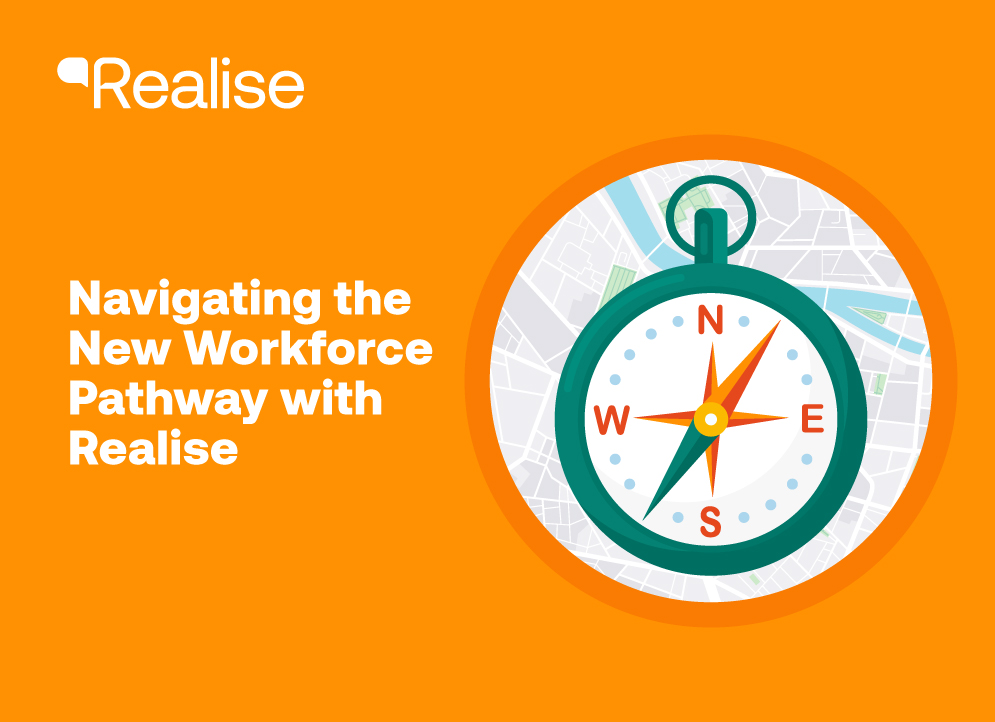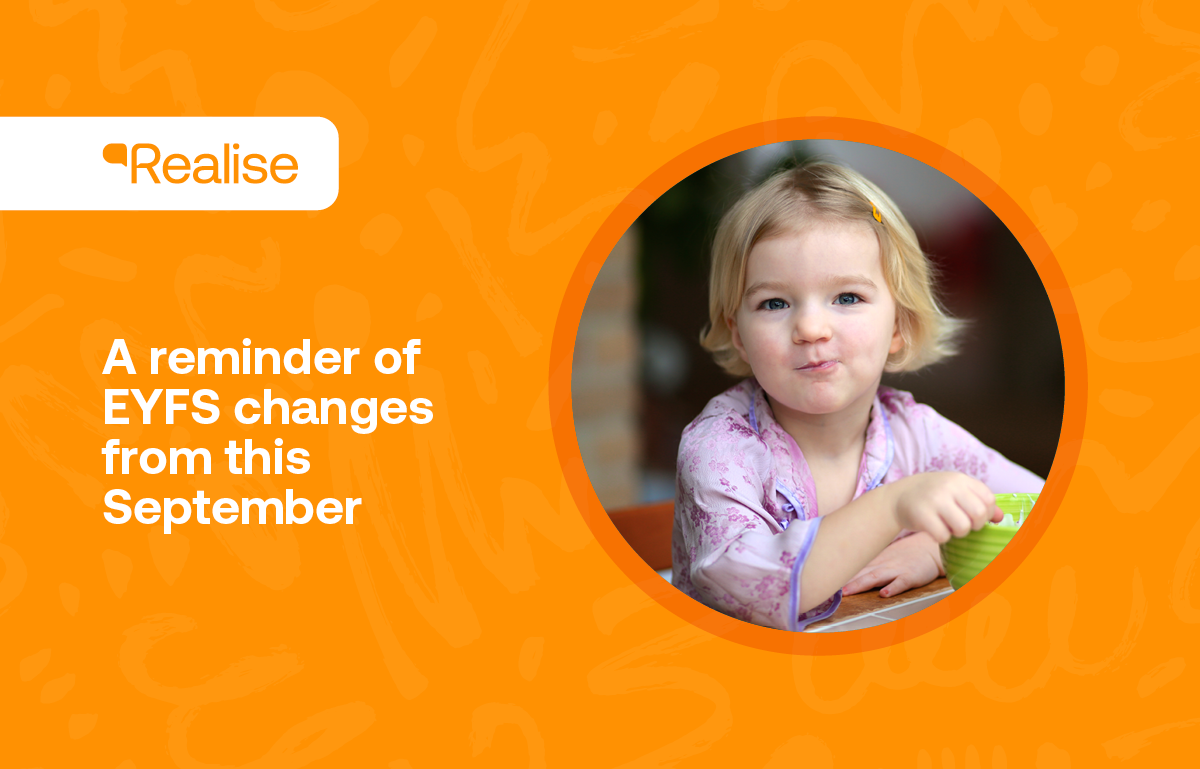

Ensuring Safe Sleep Practices in Early Years Settings
Ensuring Safe Sleep Practices in Early Years Settings
-
 Alex Prince
Alex Prince -
 2 May, 2025
2 May, 2025

As professionals dedicated to the care and development of young children, it is imperative that we regularly review and enhance our safer sleep arrangements. Aligning our practices with the Early Years Foundation Stage (EYFS) safeguarding and welfare requirements not only ensures compliance but, more importantly, safeguards the well-being of the children in our care.
The EYFS framework explicitly outlines that providers must take all necessary steps to keep children safe and promote their welfare. This includes maintaining a safe environment, conducting regular risk assessments, and ensuring that all staff are trained in safeguarding protocols. By adhering to these standards, we fulfil our duty to protect and nurture every child entrusted to us.
Regular team supervision is crucial in fostering a deep understanding of each child's unique needs and well-being. Through open discussions and shared observations, we can identify any concerns early and implement appropriate interventions. This collaborative approach not only enhances the quality of care but also prevents potential incidents that could arise from misunderstandings or overlooked signs. Team supervision isn’t only vital for the children; it’s equally important for staff well-being. Early years professionals often work in high-pressure environments, and it’s essential that they receive the support needed to fulfil their roles effectively each day. When staff feel supported and valued through regular supervision, they are better equipped to manage challenges and remain focused on providing quality care.
A key aspect of safeguarding is ensuring that all team members feel empowered to speak up if they witness any inappropriate practices or concerns regarding a child’s safety or well-being. Whistleblowing is a critical part of safeguarding procedures, and creating a culture where everyone feels comfortable raising concerns is paramount.
All staff, regardless of their role, must be encouraged and supported to report any suspicions or observations that could indicate a risk to a child’s welfare. A clear, accessible whistleblowing policy should be in place to ensure that staff know how to report their concerns and that they feel safe doing so without fear of repercussions. Empowering the entire team to take action when necessary is a key aspect of maintaining a truly safeguarding-focused environment.
To support our commitment to safe sleep practices, the Lullaby Trust offers a wealth of resources tailored for early years settings. Their "Safer Sleep Awareness for Early Years Settings" booklet provides comprehensive guidance on creating safe sleep environments, understanding safe sleeping positions, and maintaining appropriate room temperatures. These guidelines are essential in reducing the risk of sudden infant death syndrome (SIDS) and ensuring that our sleep practices align with current safety standards.
For further resources and guidance, visit the Lullaby Trust’s website here: Lullaby Trust – Baby Safety Resources.
Practices in Early Years Setting
A key aspect of safeguarding is ensuring that all team members feel empowered to speak up if they witness any inappropriate practices or concerns regarding a child’s safety or well-being.
Discover our courses











